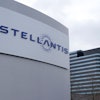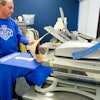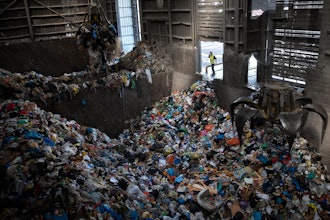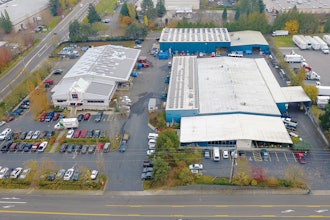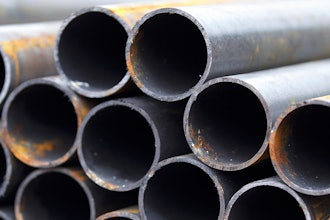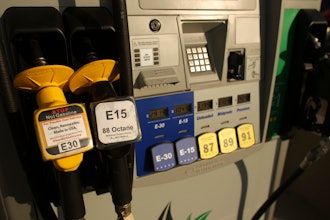Adverse food safety events can have disastrous effects on branding and profitability. As information today can go viral in a matter of hours, companies in the food and beverage industry are faced with increasing pressures to operate seamlessly, with little to no room for error.
In the first week of July, we heard about two recalls. Mars Petcare U.S. recently announced a voluntary recall on multiple product lines because small pieces of blue plastic made their way into its Pedigree dog food products during production, creating a choking hazard. Similarly, Dole Fresh Vegetables announced a voluntarily recall of 2,598 cases of bagged salad due to a possible health risk from Listeria Monocytogenes.
This will, no doubt, generate media attention and negative publicity for these brands. In some cases, it may even prompt an investigation by industry associations or the Food and Drug Administration (FDA).
While food safety issues are not uncommon, more attention is drawn to the issue when a large brand is involved. The ability to effectively and quickly address the issues coming out of a recall can differentiate organizations. Food and beverage executives can take certain steps to help them effectively manage and mitigate risks associated with food safety events.
Food Safety as an Enterprise Initiative
Quality management should not be thought of as the responsibility of a single department; rather, it should be viewed as a shared responsibility across an organization. For operational success in the food industry, food safety needs to be integrated into this concept and considered in every business decision, process and function.
This creates a strong food safety system for minimizing product recalls:
- Leadership. Executive buy-in is imperative for any organizational initiative, and this is especially true for food safety. Having the support of both the CEO and Board of Directors is the quickest and most impactful way to spread a food safety initiative across the enterprise.
- Awareness. While staying current with the news is one way to be knowledgeable of industry changes, actively participating in those discussions will give companies a leg up. By joining industry associations, businesses can be proactive in their food safety strategy, implementing changes before it’s too late.
- Cost and compliance. Although low operating margins make cost a main driver in the food sector, operational decisions should be balanced with compliance. In the competitive food and beverage market, companies can become overwhelmed with profitability, and lose sight of producing high quality and compliant products.
- Technology. The growing functionalities of enterprise resource planning (ERP) systems are powerful enough for many small- and medium-business (SMB) food processors to manage food safety. For larger organizations, additional best-of-breedapplications may be necessary. In either case, companies should leverage the right technologies to get the most granularity across the product lifecycle and supply chain.
- Traceability. Data granularity is often at the heart of compliance and regulatory shifts. Having the ability to track up- and downstream data from a central location allows companies to quickly identify the root causes of non-conformances. It also allows companies to be surgical rather than being forced into casting a wide net in the case of recalls.
Reinforcing Product Recall Processes
By leveraging the factors above, internal food processes and decisions will result in stronger external food safety for consumers. Each of these areas mitigates operational and food safety risk, as well as reduces the probability for a product recall.
While the power of leadership, awareness, and cost and compliance initiatives are important, technology and traceability use should receive a bulk of the attention. With strong technology and traceability systems in place, a product recall can be correctly assessed and executed. This could, for example, mean the difference between recalling every product in North America or only those produced in the Southeast.
As for Mars and Dole, it will be interesting to see how well (fast and accurately) the company quarantines the affected products and how the public reacts. We can expect to see these organizations assess current production lines and processes, making changes to strengthen food safety management and regain public favor.
In LNS Research’s recent Research Spotlight, Insights into the MESA Food Safety Guidebook: Achieving Compliance and Traceability in SMB, we cover these topics more in-depth. For more information, please visit www.lnsresearch.com.

